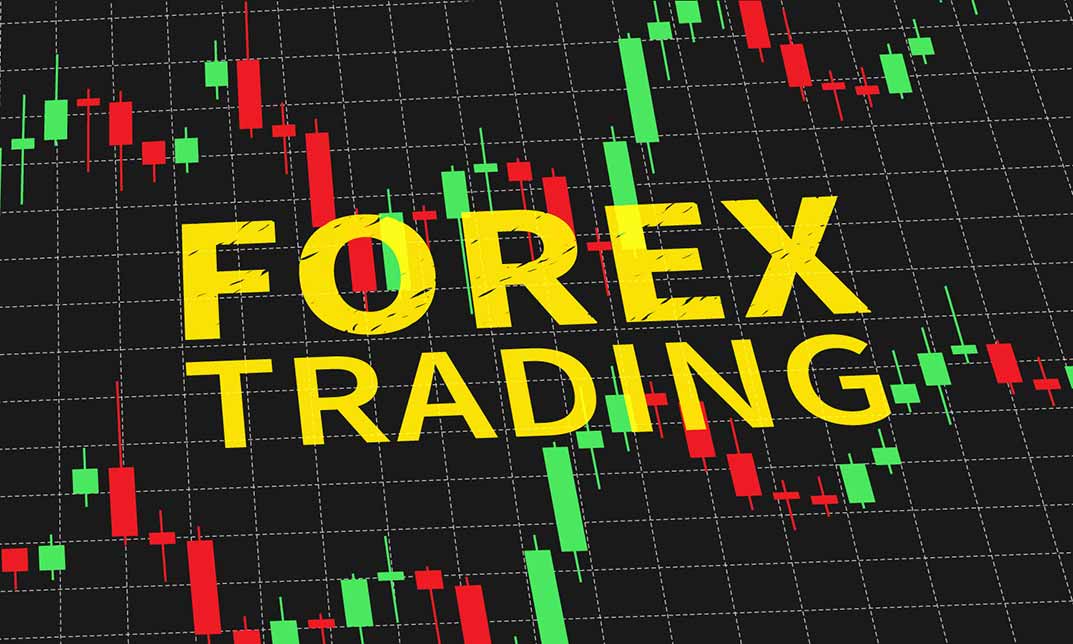Understanding the Fundamentals of Currency Exchange in Today's Global Market
In a progressively interconnected international economy, understanding the fundamentals of currency exchange is important for stakeholders across different markets. As main banks exert influence and technological improvements improve money trading, the effects for international business are far-ranging.
The Basics of Currency Exchange
Currency exchange is a basic element of the international economic climate, promoting global trade and investment. It involves the conversion of one currency into one more and is crucial for organizations, governments, and individuals who take part in cross-border purchases. The money exchange procedure takes area in the forex market (Forex), which is the largest and most liquid monetary market worldwide, running 1 day a day, five days a week.
At its core, money exchange is driven by supply and need characteristics. Money are sold sets, such as EUR/USD or GBP/JPY, and the exchange rate between them shows just how much one currency deserves in terms of one more. This price changes continuously due to trade circulations, capital motions, and other market activities.
Individuals in the Foreign exchange market variety from huge financial institutions and multinational companies to specific investors and travelers. Each participant might have various objectives, such as hedging against exchange rate danger, speculating on currency motions, or promoting international purchases. Comprehending the fundamentals of money exchange is important for making notified choices in the international market, as currency exchange rate can substantially influence the cost of products and solutions, financial investment returns, and economic stability.
Factors Influencing Exchange Rates
Exchange prices are shaped by a complicated interaction of different financial elements, mirroring the relative strength and security of nationwide economies. Key among these elements is rate of interest differentials. Higher rates of interest supply lending institutions far better returns loved one to various other countries, attracting more foreign resources and creating the money to appreciate. Conversely, rising cost of living rates play a critical duty; money in nations with reduced rising cost of living rates have a tendency to value as acquiring power rises relative to higher-inflation economic climates.
Additionally, profession balances influence currency value. A nation with a substantial profession excess usually sees its money appreciate due to enhanced international need for its goods and services, while a profession deficiency can compromise the money.
Political security and financial performance are vital as well; countries viewed as low-risk locations for financial investment tend to see their currencies value. forex trading course. Market supposition can also drive exchange price variations, as traders anticipate future motions based upon current economic signs and geopolitical events. These aspects jointly add to the vibrant nature of exchange prices in the global market
The Role of Reserve Bank

Main banks also involve in foreign exchange treatments to deal with extreme volatility or misalignments in exchange prices. These treatments might involve buying or marketing international money to preserve a preferred currency exchange rate level. In addition, reserve banks hold substantial fx books, which can be deployed strategically to sustain their money.

Technology and Currency Trading
While main banks shape the overarching landscape of currency exchange, technical advancements have actually changed the mechanics of currency trading itself. The spreading of digital platforms has actually democratized access to international exchange markets, enabling private investors to participate along with wikipedia reference institutional capitalists. find more info Online trading platforms, furnished with real-time information and logical tools, assist in educated decision-making and have contributed to boosted market liquidity.
Mathematical trading, powered by innovative software, has revolutionized the rate and efficiency of currency trading. Formulas carry out professions based on predefined criteria, minimizing human intervention and reducing the time required to utilize on market motions.
Blockchain innovation likewise guarantees a transformative influence on currency trading. By making sure openness and decreasing transaction prices, blockchain can improve settlement procedures, potentially mitigating threats connected with conventional trading approaches. Additionally, cryptocurrencies, underpinned by blockchain, have presented a new measurement to currency trading, prompting market individuals to adapt to an advancing financial ecological community. As innovation proceeds to evolve, its impact on money trading will likely strengthen, forming future market dynamics.
Influence On Global Trade
In the interconnected landscape of look these up international trade, money exchange plays a pivotal function fit financial relationships between countries. Exchange prices influence the expense of exporting items and services, affecting competitive placing in international markets. A solid money can make a nation's exports extra costly and less appealing on the worldwide stage, possibly decreasing market share. Alternatively, a weaker money can improve export competition yet may enhance the cost of importing necessary items, impacting trade balance.
Money changes can likewise bring about financial unpredictabilities, making complex long-term planning for international corporations. Businesses frequently hedge versus these threats with monetary instruments to stabilize expenses and earnings. Exchange prices affect foreign direct financial investment (FDI) decisions, as capitalists seek positive problems to make the most of returns, influencing capital flows across borders.
Furthermore, federal governments strive to preserve stable currency exchange rate to cultivate foreseeable trading conditions, sometimes interfering in foreign exchange markets to attain economic purposes. Reserve banks may readjust rate of interest prices or execute financial policies to affect currency stamina, thereby impacting trade characteristics.
Conclusion
A thorough grasp of currency exchange fundamentals is necessary for navigating the intricacies of the global market. Exchange rates, shaped by interest rates, inflation, and financial development, are pivotal in identifying currency evaluations.